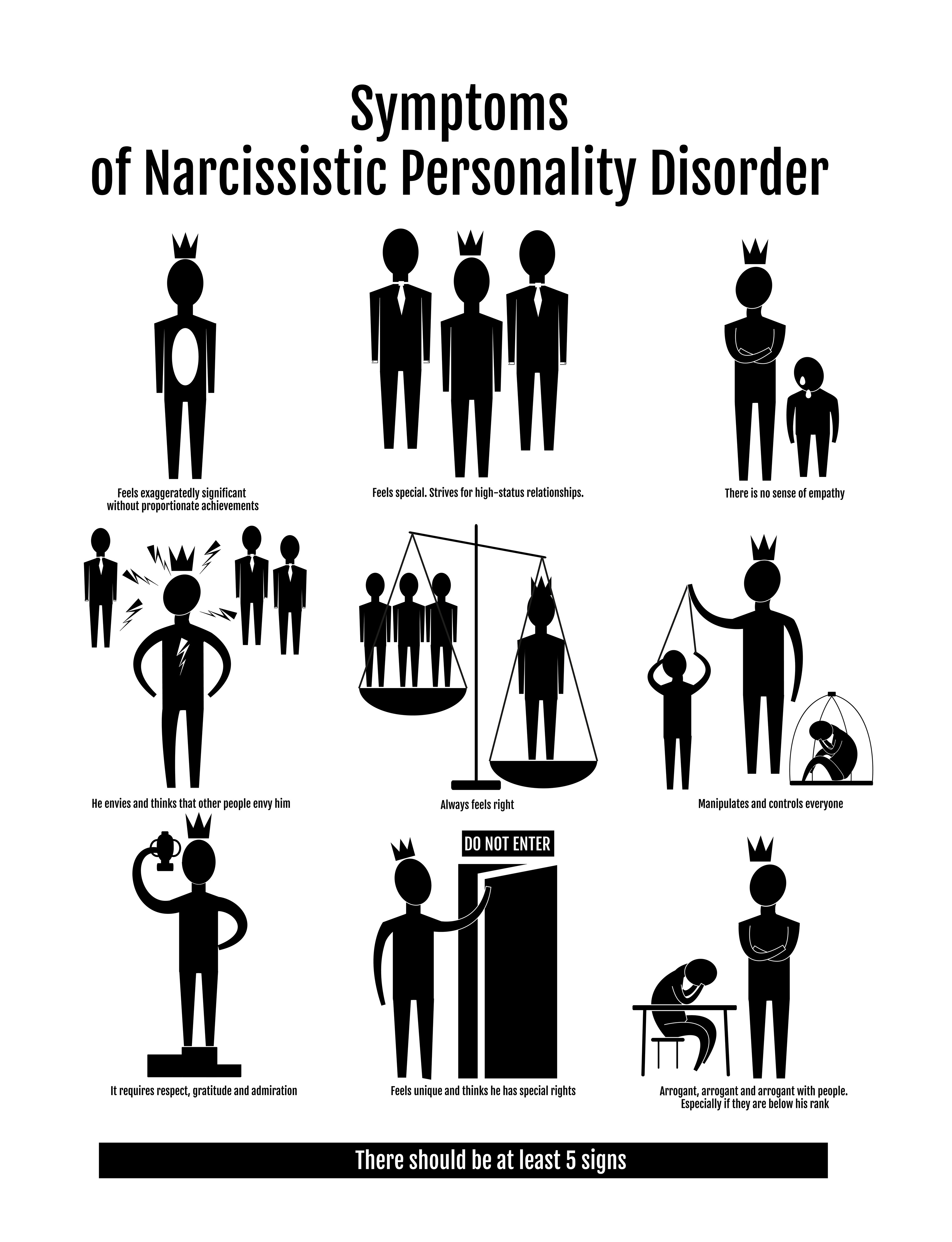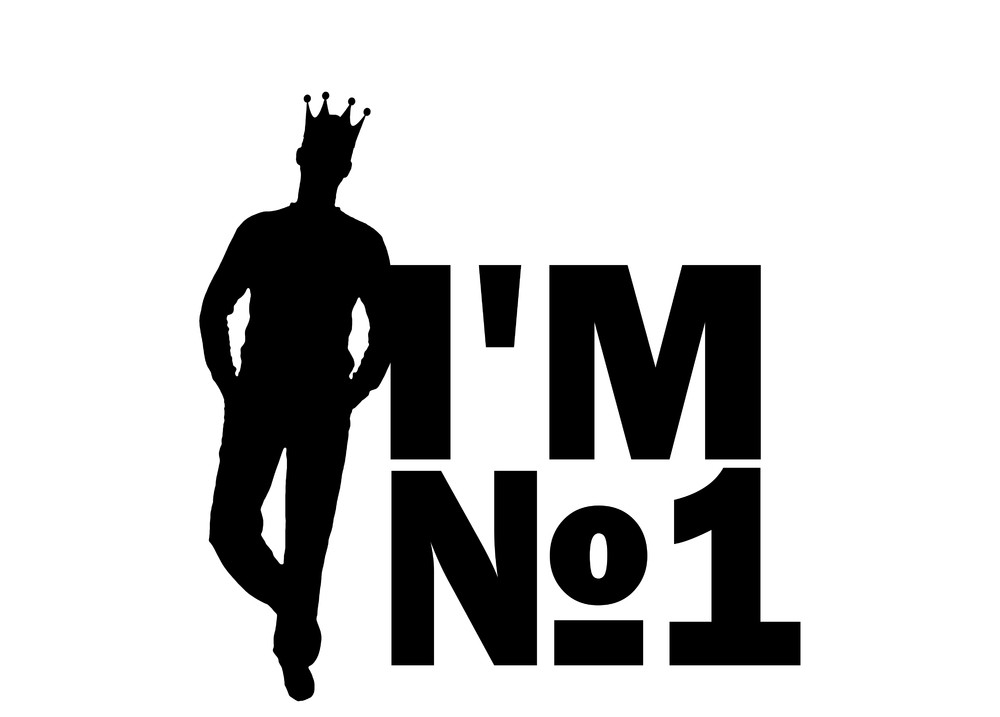As a BetterHelp affiliate, we receive compensation from BetterHelp if you purchase products or services through the links provided
Seeking to understand your narcissistic tendencies? We’ve gathered five insightful methods from experts, including a Psychology Expert and a COO. From starting a self-reflective journal to exploring art therapy, these tools will guide you toward self-awareness and personal growth.
- Start a Self-Reflective Journal
- Seek Feedback from Trusted Friends
- Utilize the Narcissistic Personality Inventory
- Employ Self-Awareness and Empathy
- Explore Art Therapy

Start a Self-Reflective Journal
 With understanding our narcissistic tendencies, I often recommend a bit of self-reflective journaling. Instead of just writing about your day, try to recall moments when you felt superior or craved validation, then dive deep into those emotions.
With understanding our narcissistic tendencies, I often recommend a bit of self-reflective journaling. Instead of just writing about your day, try to recall moments when you felt superior or craved validation, then dive deep into those emotions.
For instance, I once journaled about a time I felt overlooked when a friend didn’t compliment my new project. Upon reflection, I realized I sought external validation rather than being content with my self-worth.
This exercise can be a real eye-opener. It’s not about labeling oneself but about understanding our behaviors better. Over time this practice can help us recognize patterns and better manage our emotions over time.
, Psychology Expert, Life Coach, Founder, Life Architekture
Seek Feedback from Trusted Friends
 It’s important to ask trusted friends for feedback. We have a saying at QBench, “Feedback is a gift.” While making highly personal suggestions in a work context is not always appropriate, a close friend or colleague may bridge that gap.
It’s important to ask trusted friends for feedback. We have a saying at QBench, “Feedback is a gift.” While making highly personal suggestions in a work context is not always appropriate, a close friend or colleague may bridge that gap.
A truly narcissistic person may be unwilling to hear the feedback, but most of us are somewhere on a range. It’s important for close friends to offer us honest feedback and ongoing accountability; it’s the only way to improve.
Trevor Ewen, COO, QBench
Utilize the Narcissistic Personality Inventory
 Experts agree that the Narcissistic Personality Inventory is the best measurement to assess personality traits that identify narcissism. It is the most widely used measurement and is viewed by the National Institutes of Health as the most accurate method. It has many subtle questions that look at personality and uses social psychology to help identify traits people would try to hide in a standard test.
Experts agree that the Narcissistic Personality Inventory is the best measurement to assess personality traits that identify narcissism. It is the most widely used measurement and is viewed by the National Institutes of Health as the most accurate method. It has many subtle questions that look at personality and uses social psychology to help identify traits people would try to hide in a standard test.
Michael Gorlovsky, Orthodontist, Windermere Orthodontics
Employ Self-Awareness and Empathy
 Someone who has narcissistic tendencies can check it through self-awareness. Consider your thoughts, feelings, and actions to determine whether you have narcissistic tendencies. Write in a journal about your interactions, reactions, and emotions. There’s no need to make it too long. Just jot down the time and write in short forms. Do this when you feel the need.
Someone who has narcissistic tendencies can check it through self-awareness. Consider your thoughts, feelings, and actions to determine whether you have narcissistic tendencies. Write in a journal about your interactions, reactions, and emotions. There’s no need to make it too long. Just jot down the time and write in short forms. Do this when you feel the need.
Ask yourself a bunch of questions about your actions. Practice putting yourself in others’ shoes. This way, you can find out how others feel when you behave in a particular way. Genuine empathy can counter narcissistic tendencies. Moreover, seek feedback from trustworthy people like friends and family members.
They can provide valuable feedback on your behavior. It is crucial to understand if you are working in the right direction. Ask them to point out when they see characteristics of narcissistic behavior. This way, you can recognize the situations that trigger self-centered behavior.
Saikat Ghosh, Associate Director of HR and Business, Technource
Explore Art Therapy
 Art therapy is a reliable method for individuals to assess their narcissistic tendencies. By expressing themselves through various art forms, like painting, writing, or music, individuals can tap into their subconscious minds and gain unique insights into their emotions and behaviors.
Art therapy is a reliable method for individuals to assess their narcissistic tendencies. By expressing themselves through various art forms, like painting, writing, or music, individuals can tap into their subconscious minds and gain unique insights into their emotions and behaviors.
Analyzing their artistic creations can reveal subtle cues and symbolism related to narcissism they may not have consciously recognized. For example, a person creating self-centered imagery or obsessively focusing on their image could indicate underlying narcissistic tendencies.
Art therapy provides a creative and introspective approach to self-assessment, helping individuals understand their narcissistic traits and facilitating personal growth.
Roy Lau, Co-Founder, 28 Mortgage

Tips and Strategies for Assessing Narcissistic Tendencies
- Self-observation and Reflection: Regularly self-reflect on your actions and achievements and your motivations, desires, and feelings. This reflection can help you identify patterns of narcissistic behavior and motivations.
- Openness to Feedback: Actively seek and be open to feedback from trusted friends, family, or colleagues. Remember that constructive criticism is a tool for personal growth, not an attack. This feedback can provide invaluable external perspectives on your behavior.
- Use of Assessment Tools: Consider using validated psychological assessment tools like the Narcissistic Personality Inventory. It can provide an objective measure of narcissistic traits and give you a better understanding of your personality.
- Mindfulness Practices: Incorporate mindfulness practices into your daily routine. Mindfulness can enhance self-awareness and make it easier to acknowledge and address narcissistic tendencies.
- Artistic Expression: Engage in artistic activities as a form of expression. It could be painting, writing, or anything that allows you to express your feelings and thoughts. Analyzing these creative works can provide insights into subconscious beliefs and attitudes that may be difficult to access through other methods.
Remember, acknowledging and managing narcissistic tendencies is a process, not a one-time event. Be patient with yourself and celebrate even small steps towards growth and self-awareness.

Mirror, Mirror on the Wall: Is Narcissism in Your Life After All? A Self-Reflection Quiz
I’m not a mental health professional, but if you’re wondering if you might have narcissistic tendencies, taking a standardized test administered by a qualified therapist could be useful. The Narcissistic Personality Inventory (NPI) is often used to assess such traits in clinical settings. It’s a tool that can provide some insights, but remember, it doesn’t replace a proper diagnosis from a qualified healthcare provider.
Am I a Narcissist? A Self-Reflection Quiz
Here’s a simplified quiz to help you reflect on your tendencies. Please note that this is NOT a diagnostic tool but merely a set of questions aimed at self-reflection.
Score yourself 1 point for each “Yes” and 0 points for each “No.”
- Do you often think you deserve special treatment?
- Yes / No
- Do you find it hard to empathize with the feelings of others?
- Yes / No
- Is it crucial for you to be admired by others?
- Yes / No
- Do you tend to exaggerate your accomplishments?
- Yes / No
- Is it difficult for you to accept criticism?
- Yes / No
- Do you often become jealous of others’ success?
- Yes / No
- Do you believe that you’re extraordinary compared to most people?
- Yes / No
- Do you have fantasies about achieving power, fame, or glory?
- Yes / No
- Do you expect others to comply with your expectations?
- Yes / No
- Do you often make conversations about yourself?
- Yes / No
Scoring:
- 0-3 points: Low narcissistic tendencies
- 4-6 points: Moderate narcissistic tendencies; may want to reflect on these traits.
- 7-10 points: High narcissistic tendencies; consulting a healthcare provider for a thorough assessment could be beneficial.
Again, this quiz is not a substitute for professional advice. If you’re concerned about your behavior or how it affects your relationships, it’s advisable to consult a healthcare provider for a comprehensive evaluation.

Mirror, Mirror on the Wall: When It’s Time to Consult a Therapist for Your Narcissistic Tendencies
So, you’ve been journaling, seeking honest feedback, exploring your inner Picasso through art therapy, and even taking a reputable Narcissistic Personality Inventory test. But what if, despite these self-assessment tools, you’re still struggling to connect empathetically with others? What if you continue to see your relationships spiral downward?
If you’ve given a good college try at self-assessment and self-improvement but find that your narcissistic tendencies are still causing rifts in your personal or professional life, it may be time to seek professional help.
Signs You Should Consult a Therapist:
- Continuous Relationship Struggles: If your romantic or interpersonal relationships frequently end in conflicts or breakups due to your behavior, it’s a red flag.
- Lack of Empathy: Despite trying, if you find it almost impossible to emotionally put yourself in others’ shoes, this is a tell-tale sign.
- Defensiveness: If you get overly defensive or lash out when criticized, and this pattern hasn’t changed despite your efforts, consult a therapist.
- Intense Reactions: Extreme emotional reactions like anger or distress in simple situations indicate deeper issues that need professional attention.
- Workplace Issues: When your professional life suffers—perhaps you’re unable to work as part of a team, or you have conflicts with authority figures—it’s a strong signal to seek help.

Goals for Therapy:
- Self-Awareness: To become fully aware of your thought patterns, emotions, and behaviors.
- Emotional Regulation: Learn to control intense emotional reactions that affect your relationships and overall well-being.
- Empathy Training: To understand and relate to the emotions of others.
- Communication Skills: To learn effective and respectful communication methods, especially during conflicts.
Measuring Progress:
- Enhanced Relationships: People are willing to spend more time around you.
- Accepting Feedback: You can now take constructive criticism without feeling attacked.
- Emotional Control: Your highs and lows moderate, leading to fewer conflicts.
If you’re seeing slow but consistent changes in these areas, it’s a sign that the therapy is working. However, if you find that therapy isn’t bringing about change, don’t lose hope. You might need to try a different therapeutic approach or another therapist whose methodology resonates with you. Remember, self-improvement is a journey, not a sprint.

Unlocking Your Ego: FAQs on Assessing Narcissistic Tendencies
Who should read this article?
Anyone curious about narcissistic tendencies, whether you’re concerned about yourself or someone you know. This isn’t just for psychology buffs; it’s relatable content for everyday folks.
What’s the benefit of a self-reflective journal?
Journalling offers an unfiltered space to observe your thoughts and feelings, providing insights into patterns that might indicate narcissistic tendencies.
How do I get honest feedback from friends?
Approach friends who’ve seen you in various situations and are willing to provide constructive criticism. Phrase your questions in a way that invites open and honest discussion.
What is the Narcissistic Personality Inventory?
It’s a well-established psychological test that assesses various dimensions of narcissism. It’s often used in research but is available in simplified versions for laypeople.
How can self-awareness and empathy counteract narcissistic behavior?
Being self-aware helps you recognize your limitations and how you affect others, while empathy allows you to understand and share the feelings of others—traits often lacking in narcissistic personalities.
Why include art therapy?
Art therapy is a creative outlet that helps you tap into subconscious thoughts and feelings, often revealing narcissistic traits.
Can these methods replace professional diagnosis?
While these methods offer valuable insights, they’re not a substitute for professional evaluation. Consulting a qualified expert is crucial if you’re concerned about narcissistic tendencies.
How can I apply what I’ve learned to everyday life?
The ultimate aim is personal growth. Knowing your tendencies helps you communicate better, forge healthier relationships, and lead a more balanced life.
Curious to dig deeper? Don’t just skim the surface. Get to know the ‘you’ you’ve never met before.
Unpacking the Mind: Insights by Jacob Maslow
Hey there, I’m Jacob Maslow, and I’m no stranger to the ups and downs of mental health. With Lexapro as my trusty sidekick, I’ve navigated the maze of therapy for years. My firsthand experience extends into the turbulent waters of a difficult custody battle, so I know how vital mental balance is. Each day, I trek on long, soul-clearing walks, returning refreshed and ready to pen articles illuminating mental health and narcissistic behavior. My mission? To empower you to conquer mental health challenges, just like I have. I also run a legal site for those grappling with noncompliant spouses. Life’s complicated; let’s sort it out together.
- 7 Ideas to Help You Relax and Unwind on a Family Vacation - April 27, 2025
- How Having Cybersecurity Protection Helps You Relax - April 25, 2025
- 8 Reasons Why Spending Time Outside Calms You Down - April 25, 2025
This site contains affiliate links to products. We will receive a commission for purchases made through these links.



